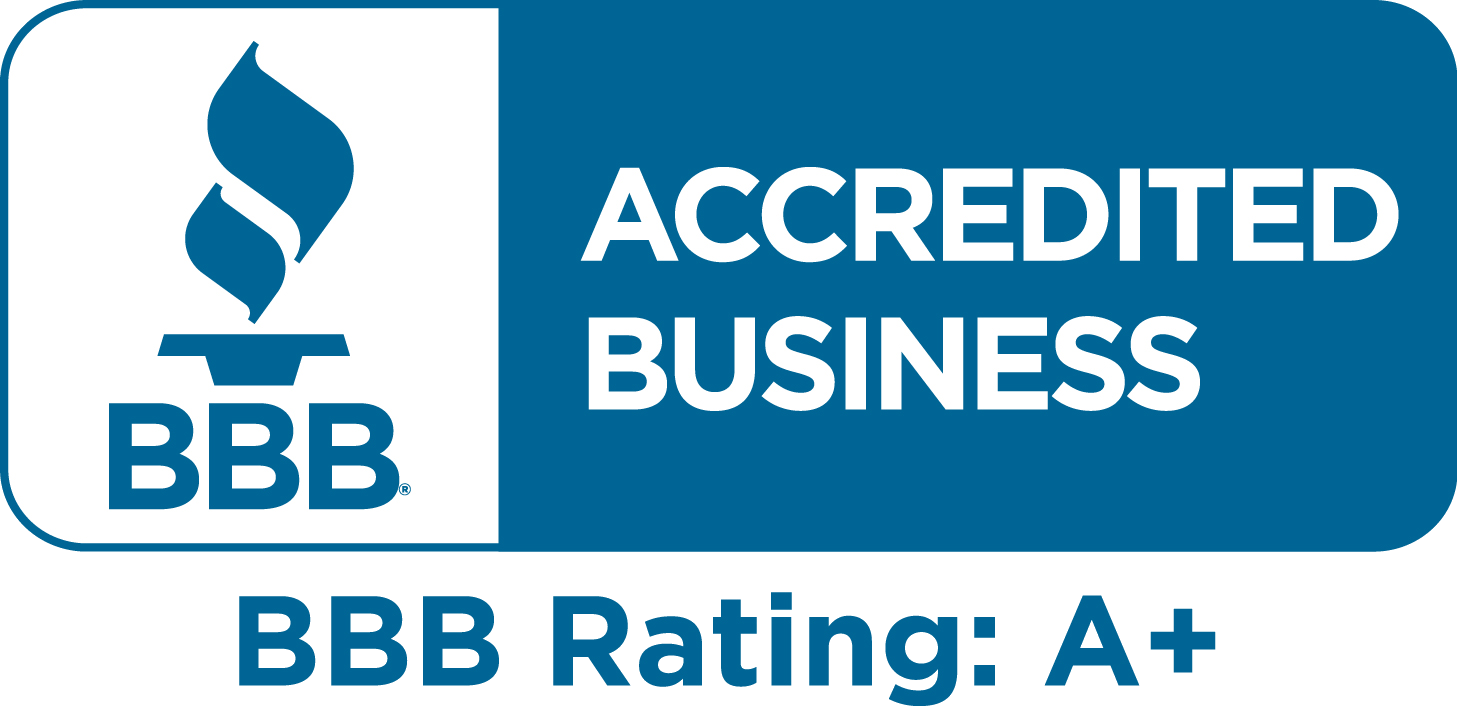Closing Date Impacts
Closing Dates Matter, Why?
Why Your Closing Date Matters
- Impact on Closing Costs
When you close on your home, you’ll pay prepaid interest for the remaining days of the month. If you close earlier in the month, you’ll pay more prepaid interest because there are more days left in the month. If you close near the end of the month, your prepaid interest will be lower. For example:
- Closing on the 5th: You’ll prepay interest for about 25-26 days.
- Closing on the 25th: You’ll prepay interest for just 5-6 days.
- Keep in mind that prepaid interest is a one-time cost and won’t affect your monthly payment.
- Taxes and Insurance Costs
At closing, you’ll also need to pay property taxes and homeowners insurance upfront. The amount you pay depends on your closing date:
- Taxes: You may need to pay for several months of property taxes in advance, depending on when your local tax cycle begins and ends.
- Insurance: Most lenders require you to pay for the first year of homeowners insurance at closing, plus a few months of reserves to start your escrow account. Closing earlier in the year may mean paying for more months of prorated taxes and insurance compared to closing later.
- First Mortgage Payment Due Date
Your first mortgage payment is usually due on the first day of the second month after closing. For example:
- Close on March 15: Your first payment is due May 1.
- Close on March 30: Your first payment is still due May 1.
- This delay gives you some breathing room to prepare for your monthly payments.
How Long Does It Take to Close?
From the time you sign a purchase contract, it typically takes 30 to 45 days to close on your home. However, brokers and teams like ours can often speed up the process and close in as little as three weeks, depending on your situation. This faster timeline can be a big advantage if you’re in a competitive market or need to move quickly.
Tips for Choosing Your Closing Date
- Consider Your Budget
If you’re tight on cash, closing later in the month can help reduce prepaid interest costs. However, if you want more time before your first mortgage payment, closing earlier might be a better option. - Plan Around Taxes and Insurance
Be prepared for property taxes and homeowners insurance costs at closing. Closing later in the tax cycle or year might reduce upfront costs for taxes, while closing earlier could mean higher prepaid amounts. - Plan Around Your Move
Pick a date that works well with your moving schedule. You’ll want enough time to prepare for the big day. - Stay Flexible
Sometimes, delays happen due to inspections, appraisals, or other steps in the process. Be ready to adjust if needed.
Final Thoughts
Your closing date can affect your upfront costs, including prepaid interest, property taxes, and homeowners insurance, as well as when your first mortgage payment is due. It’s worth planning carefully to fit your budget and timeline. Work with your lender to choose a date that works best for you. With good planning and the support of a knowledgeable team, you’ll be ready to enjoy your new home without any surprises!











